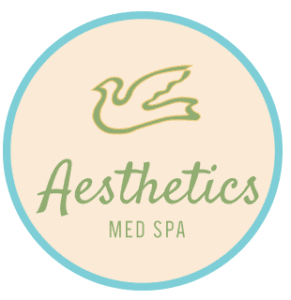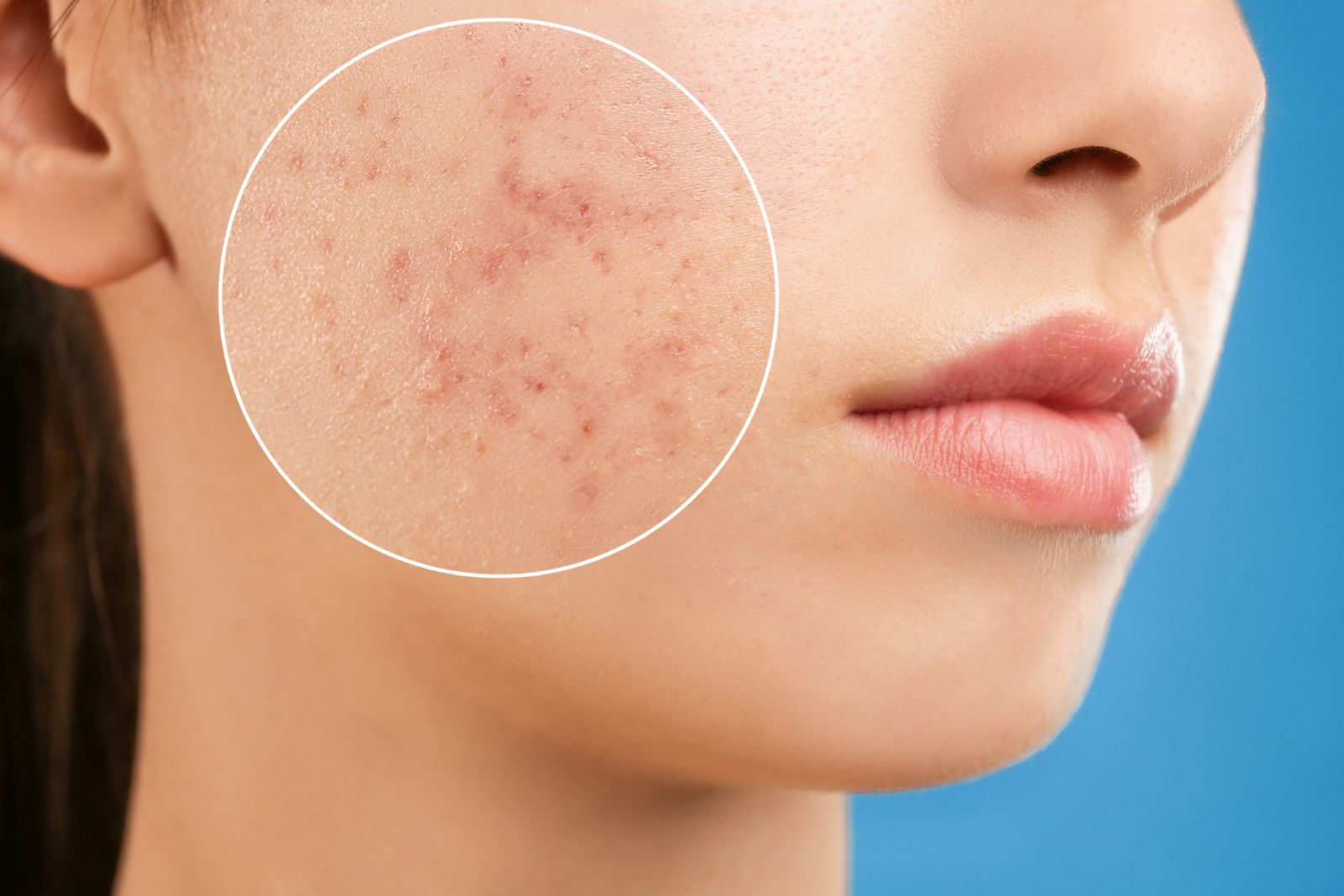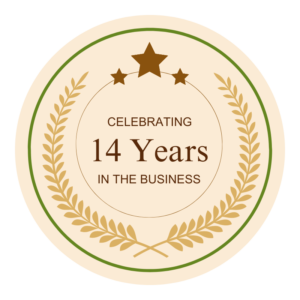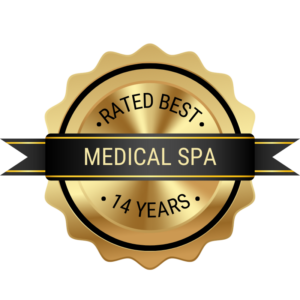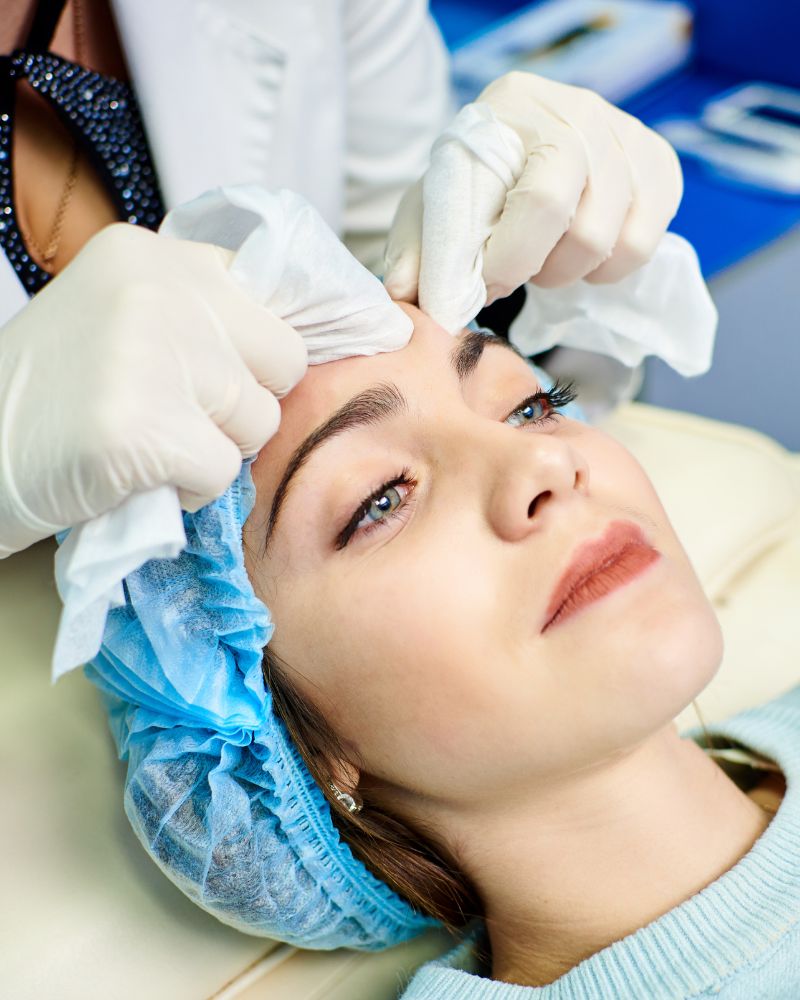FAQ
Most frequent questions and answers
Acne treatment can vary depending on the severity of the acne and the individual’s skin type. The treatment that will have the best effects will depend on the specific type of acne and its causes.
During your consultation, we’ll assess your skin, the type of acne you have, lifestyle factors like diet, and stress levels, as well as your skincare products and routine. With this information, our team will determine the best treatments and acne medications for you.
There are several different types of acne, including:
- Comedonal acne: This type of acne is characterized by the presence of blackheads and whiteheads. It occurs when pores become clogged with oil and dead skin cells.
- Inflammatory acne: This type of acne includes pimples, papules, and pustules. Inflammatory acne is caused by bacteria that infects clogged pores, leading to redness, swelling, and irritation.
- Cystic acne: Cystic acne is a severe form of acne that is characterized by deep, painful cysts and nodules. This type of acne can cause scarring and is often difficult to treat.
- Hormonal acne: Hormonal acne is caused by hormonal imbalances, particularly an increase in androgens (male hormones). Hormonal acne is common in teenagers, women with polycystic ovary syndrome (PCOS), and women experiencing hormonal fluctuations during pregnancy or menopause.
- Acne mechanica: This type of acne is caused by friction, pressure, or heat against the skin. Acne mechanica can be caused by wearing tight clothing, carrying a backpack, or playing sports while wearing a helmet.
- Acne fulminans: This is a rare and severe form of acne that typically affects adolescent males. It is characterized by sudden onset of inflammatory acne lesions, fever, and joint pain.
During your consultation, we’ll determine the specific type of acne you have which is critical when addressing the treatment of acne.
Acne is a common skin condition that occurs when hair follicles become clogged with oil and dead skin cells. The exact causes of acne are not fully understood, but there are several factors that can contribute to the development of acne, including:
- Hormonal changes: Changes in hormone levels, particularly an increase in androgens (male hormones), can cause the sebaceous glands to produce more oil, leading to clogged pores and acne.
- Genetics: Acne can be hereditary, so if your parents had acne, you may be more likely to develop it.
Certain medications: Some medications, such as corticosteroids, androgens, or lithium, can cause acne as a side effect. - Diet: Some clinical studies have suggested that certain foods, such as dairy products and high glycemic index foods, may contribute to the development of acne.
- Stress: Stress can increase the production of hormones, which can lead to acne.
- Skincare products: Using certain skincare products that contain oil or irritants can clog pores and contribute to acne.
- Bacteria: The bacteria Propionibacterium acnes (P. acnes) is present on the skin and can contribute to the development of acne when pores become clogged.
It’s important to work with a dermatologist to determine the underlying causes of your acne and develop a treatment plan tailored to your specific needs.
- The best treatment for acne scars can vary depending on the type and severity of the scars. Common treatment options include:
- Chemical peels: Chemical peels use a solution to remove the top layer of skin, which can improve the appearance of acne scars. This treatment is best for mild to moderate acne scarring.
- Microdermabrasion: Microdermabrasion uses a special device to remove the top layer of skin and smooth out the surface. This can help reduce the appearance of acne scars and is best for mild acne scarring.
- Laser resurfacing: Laser resurfacing uses a laser to remove the top layer of skin and stimulate collagen production. This can help improve the appearance of acne scars and is best for moderate to severe scarring.
- Dermal fillers: Dermal fillers are injectable substances that can be used to fill in depressed acne scars and make them less noticeable. This treatment is best for deep, indented scars.
- Subcision: Subcision is a surgical procedure that involves using a needle to break up scar tissue and release it from underlying structures. This can help smooth out the surface of the skin and reduce the appearance of acne scars.
We’ll help you determine the best treatment option for your specific type of acne scars. In addition to these treatments, using sunscreen daily and avoiding picking or squeezing acne lesions can help prevent further scarring.
Whether or not you should use acne treatment every day depends on the type of acne treatment you are using and the severity of your acne.
Some acne treatments, such as benzoyl peroxide and salicylic acid, can be used daily to prevent new acne breakouts. These treatments work by reducing oil production, unclogging pores, and killing bacteria on the skin. It’s important to follow the instructions on the product label and start with a lower strength product to avoid irritation or dry skin.
Other acne treatments, such as topical retinoids or oral medications, may require a different dosing schedule. These treatments can have more side effects and may need to be used less frequently or only for a certain period of time.
Our team will help determine the best acne treatment plan for your specific needs. We can recommend the appropriate treatment and dosing schedule based on the severity of your acne and your skin type.
Regardless of the type of acne treatment you are using, it’s important to be consistent with your routine and use the treatment as directed. Skipping treatments or using them inconsistently can reduce their effectiveness and increase the risk of new acne breakouts.
When undergoing acne treatment, there is evidence to suggest there are certain things that you should avoid to maximize its effectiveness and prevent further breakouts. You should avoid the following during acne treatment:
- Picking or squeezing acne lesions: This can worsen acne and increase the risk of scarring. It can also spread bacteria and lead to new breakouts.
- Using harsh or abrasive scrubs: Scrubbing the skin too vigorously can irritate and inflame acne-prone skin. Instead, use a gentle, non-abrasive cleanser and avoid using exfoliating tools that can scratch or irritate the skin.
- Using oil-based or pore-clogging products: Oil-based skincare products, such as certain moisturizers and sunscreens, can clog pores and worsen acne. Look for products that are labeled as “non-comedogenic” or “oil-free”.
- Not wearing sunscreen: Some acne treatments, such as retinoids, can make the skin more sensitive to the sun. It’s important to wear a broad-spectrum sunscreen with an SPF of 30 or higher to protect the skin from sun damage.
- Eating a poor diet: Although there is no direct link between diet and acne, some studies suggest that certain foods, such as dairy products and high glycemic index foods, may contribute to acne. Eating a healthy, balanced diet can help promote overall skin health.
- Smoking: Smoking can worsen acne and delay the healing process of acne lesions. It can also contribute to premature aging and skin damage.
By avoiding these triggers, you can help take better care of your skin, optimize the effectiveness of your acne treatment and improve the overall health of your skin.
After acne treatment, it’s important to take proper care of your skin to prevent new breakouts and get the optimal results from your treatment. Here are some things to avoid:
- Touching your face: Avoid touching your face, as this can transfer bacteria from your hands to your skin and lead to new breakouts.
- Excessive sun exposure: Some acne treatments, such as retinoids, topical antibiotics, and chemical peels, can make your skin more sensitive to the sun. It’s important to wear broad-spectrum sunscreen with an SPF of at least 30 and avoid prolonged sun exposure.
- Using harsh or irritating products: After acne treatment, your skin may be more sensitive and vulnerable to irritation. Avoid using harsh or abrasive scrubs, astringents, or toners, as these can strip the skin of its natural oils and lead to dryness and irritation.
- Applying makeup too soon: If you use makeup, wait until your skin has fully healed before applying it. Using makeup too soon after acne treatment can clog pores and lead to adverse effects that worsen acne.
- Picking or squeezing acne lesions: Avoid picking or squeezing acne lesions, as this can lead to scarring and worsen acne.
- Discontinuing treatment too soon: It’s important to continue your acne treatment as directed, even if you see improvement in your skin. Discontinuing treatment too soon can lead to new breakouts and make it more difficult to achieve long-term results.
By avoiding these post-treatment triggers, you can help maintain the health and appearance of your skin and prevent future breakouts.
Acne is a complex skin condition that can be influenced by many factors. Af few things that may worsen acne are:
- Hormonal changes: Fluctuations in hormone levels, particularly an increase in androgens (male hormones), can stimulate the sebaceous glands to produce more oil, leading to oily skin, clogged pores and acne.
- Stress: Stress can increase the production of hormones that can trigger acne breakouts.
- Diet: Some studies suggest that certain foods, such as dairy products and high glycemic index foods, may contribute to the development or worsening of acne.
- Skincare products: Using certain skincare products that contain oil or irritants can clog pores and contribute to acne.
- Medications: Some medications, such as corticosteroids, androgens, or lithium, can cause acne as a side effect.
- Smoking: Smoking can worsen acne and delay the healing process of acne lesions. It can also contribute to premature aging and skin damage.
- Not properly cleansing your skin: Failing to properly cleanse your skin can allow oil, dirt, and bacteria to accumulate, leading to clogged pores and acne breakouts.
- Friction: Friction, pressure, or heat against the skin can contribute to the development or worsening of acne. This can be caused by wearing tight clothing, carrying a backpack, or playing sports while wearing a helmet.
By avoiding these triggers, you can help reduce the severity of your acne and prevent new breakouts. We’ll help you determine the underlying causes of your acne and develop a personalized treatment plan.
Certain foods are thought to potentially trigger or exacerbate acne, although the connection between diet and acne isn’t the same for everyone and can depend on individual sensitivities. Here are some common food categories that might contribute to acne for some people:
- High Glycemic Index Foods: These are foods that cause a quick increase in blood sugar levels. Examples include white bread, sugary soft drinks, cakes, pastries, and other highly processed foods.
- Dairy Products: Some studies suggest that milk and dairy products might contribute to acne in individuals who are particularly sensitive to hormonal fluctuations, as dairy can influence hormone levels.
- Fatty and Oily Foods: While the link is not entirely clear, greasy foods are often considered potential acne triggers. However, it’s not so much the oil in food, but rather the quality and type of oil that might exacerbate acne.
- Fast Food: Consuming a lot of fast food, which is typically high in fats, sugars, and salt, has been associated with an increase in acne severity.
- Chocolate: The debate on whether chocolate causes acne continues, but some studies suggest it might exacerbate acne in individuals who are prone to it.
- Refined Sugars and Carbs: Foods high in refined sugars and carbohydrates can trigger insulin spikes, potentially leading to inflammation and worsening acne.
- Whey Protein and Supplements: Some protein powders, especially those containing whey, have been linked to acne. This may be due to the way whey protein affects certain hormones, which can stimulate oil production in the skin.
